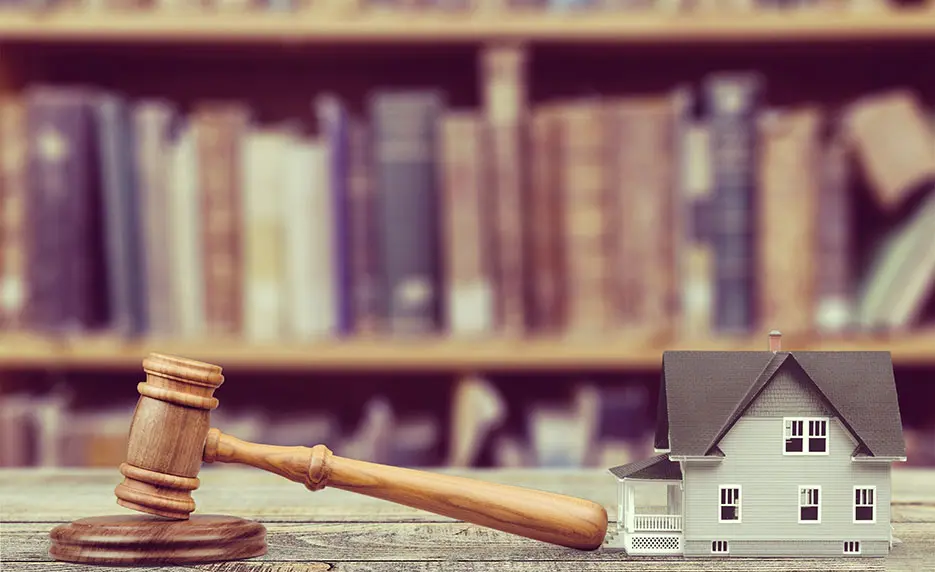It’s a good idea to conduct some research before offering your house on Airbnb. First, see whether your city has any regulations regulating short-term rentals. If you are not the real owner of the rental property, it is also a good idea to review your lease agreement. Subleasing is not always allowed, and if you start renting out your home to Airbnb visitors, you might be evicted.
Because Airbnb guidelines are typically dependent on local legislation for short-term rentals in each region, the rules and restrictions vary widely from one location to the next. However, certain basic guidelines apply to most areas and may be used as a starting point for establishing whether or not your listing is permitted. When checking, search for the following items to determine whether your listing conforms with Airbnb standards.
1. Be a Respectful Neighbor
Aside from safety standards, Airbnb guidelines state that you must be considerate to your neighbors. That means you’ll need to make sure your community’s or apartment building’s policies don’t clash with letting Airbnb guests stay at your place. If your building has noise, smoking, parking, or pet regulations, be sure to include them in your Airbnb listing profile’s House Rules.
2. Review Your Airbnb Rules for Short-Term Rentals
Finding out precisely what laws and Airbnb regulations apply to short-term rentals in your location is the first step in establishing whether or not your listing will be authorized under Airbnb standards. Some localities prohibit Airbnb or home-sharing, while others regulate the activity via business licenses, zoning rules, and hotel codes.
Airbnb has prepared several local help pages to help you get started. Some instances are as follows:
What city-specific restrictions apply to me? | Airbnb Help Center
In the United States, responsible hosting is required (scroll down to check your city’s legislation).
If you can’t locate this information on the internet, try contacting your local government agencies. When you do this, you may discover that the restrictions vary based on the city or municipality where you reside. You could even learn that your city has just a few (or no) limitations on holiday rentals. As a result, you will be able to advertise your home without any issues.
3. Acquire the Required Permits and Licenses
Before you can start running an Airbnb business in many places throughout North America, you’ll need to get permission and a business license. While the specific regulations may change, there is typically little difference between renting out a house room and listing numerous homes on Airbnb.
You will be deemed a real estate company owned by your local government. These papers may be referred to as a ‘business license,’ a ‘lodgers tax license,’ a ‘land use permission,’ or a ‘TOT certificate,’ depending on where you live. If you own many properties, even if they are all in the same state, you may need to get separate licenses or permits for each one before listing them on Airbnb.
4. Follow all safety and insurance regulations
You’ll also need to bring your property into conformity after you’ve identified what documentation you’ll need to launch an Airbnb company. To safeguard Airbnb visitors in the case of an emergency, each location has its own set of safety standards for renters, such as ensuring that smoke detectors are installed and that the home has a fire escape. Make sure your property has undergone the appropriate repairs and has the right insurance to guarantee the safety of your visitors.
5. Review the Taxation Regulations
Airbnb is obligated to collect the local occupancy tax on your behalf in various tax areas. In other places, however, Airbnb hosts are exclusively responsible for ensuring that the required taxes are deducted from their Airbnb revenues.
You may need to register for a tax identification number to pay these taxes on time. It’s crucial to remember that taxes requirements aren’t usually clearly covered by Airbnb guidelines, but you’ll still have to pay them.
6. Don’t Make the Mistake of Trying to Oversell Your Rental
When writing descriptions and names for your ads, be cautious. Airbnb values truthfulness and accuracy. As a result, don’t attempt to show off your home too much.
Airbnb’s Content Policy is simple: if a listing is misleading or contains any false information, it will be removed from the marketplace. In other words, the photographs, description, and title of your property should all exceed visitors’ expectations.
Conclusion
You’ll be ready to establish your Airbnb listing and start earning after you’ve completed all of these crucial procedures to verify whether your listing is permitted. Keep in mind that new standards and laws issued by Airbnb or your local authorities may change in the future.
Choose vacation rental software to guarantee you don’t miss anything vital and maintain control over your company. Vacation rental software like Lodgable will automate your mundane processes, allowing you to focus on more important areas of your company. You’ll be able to:









